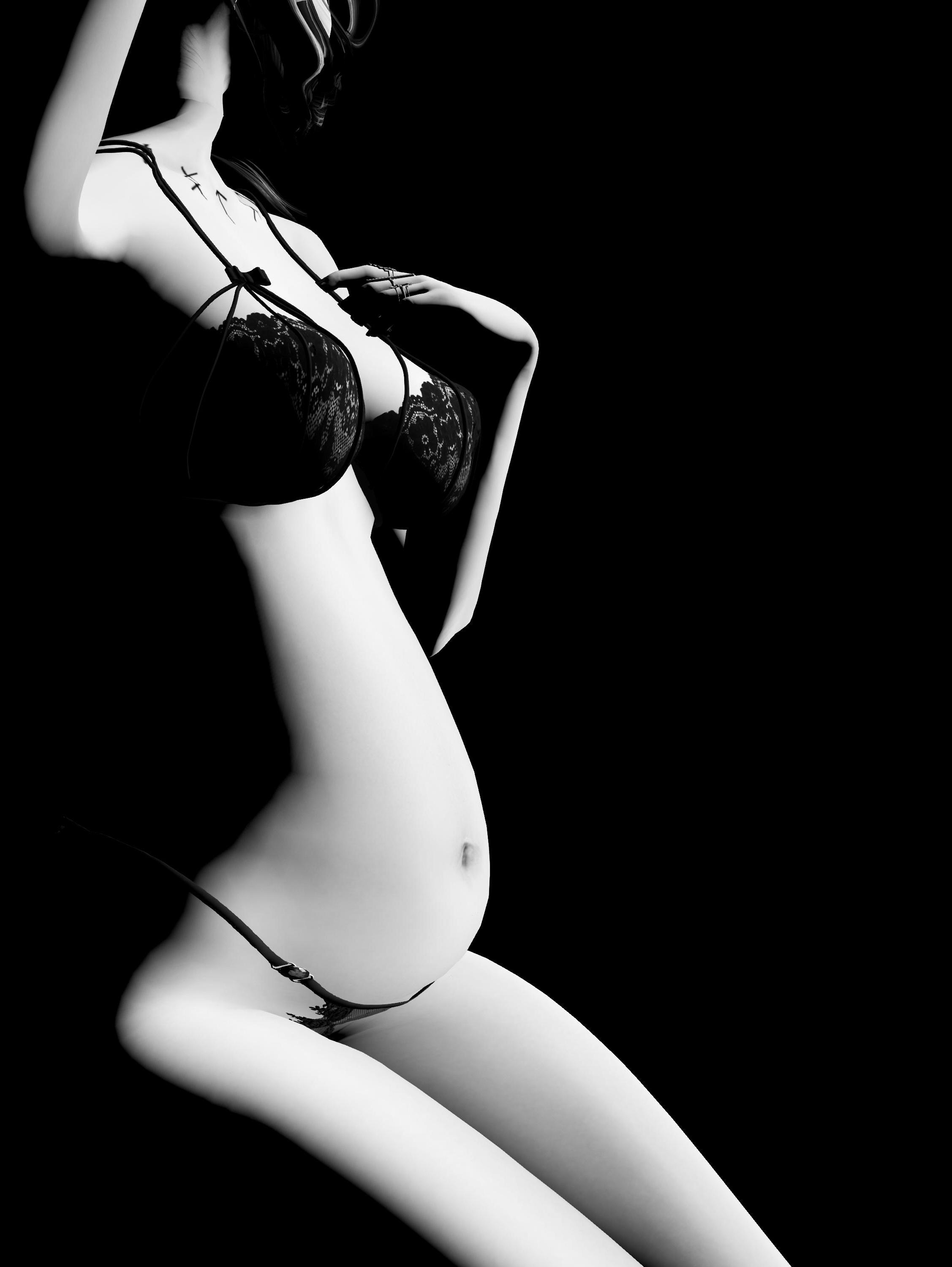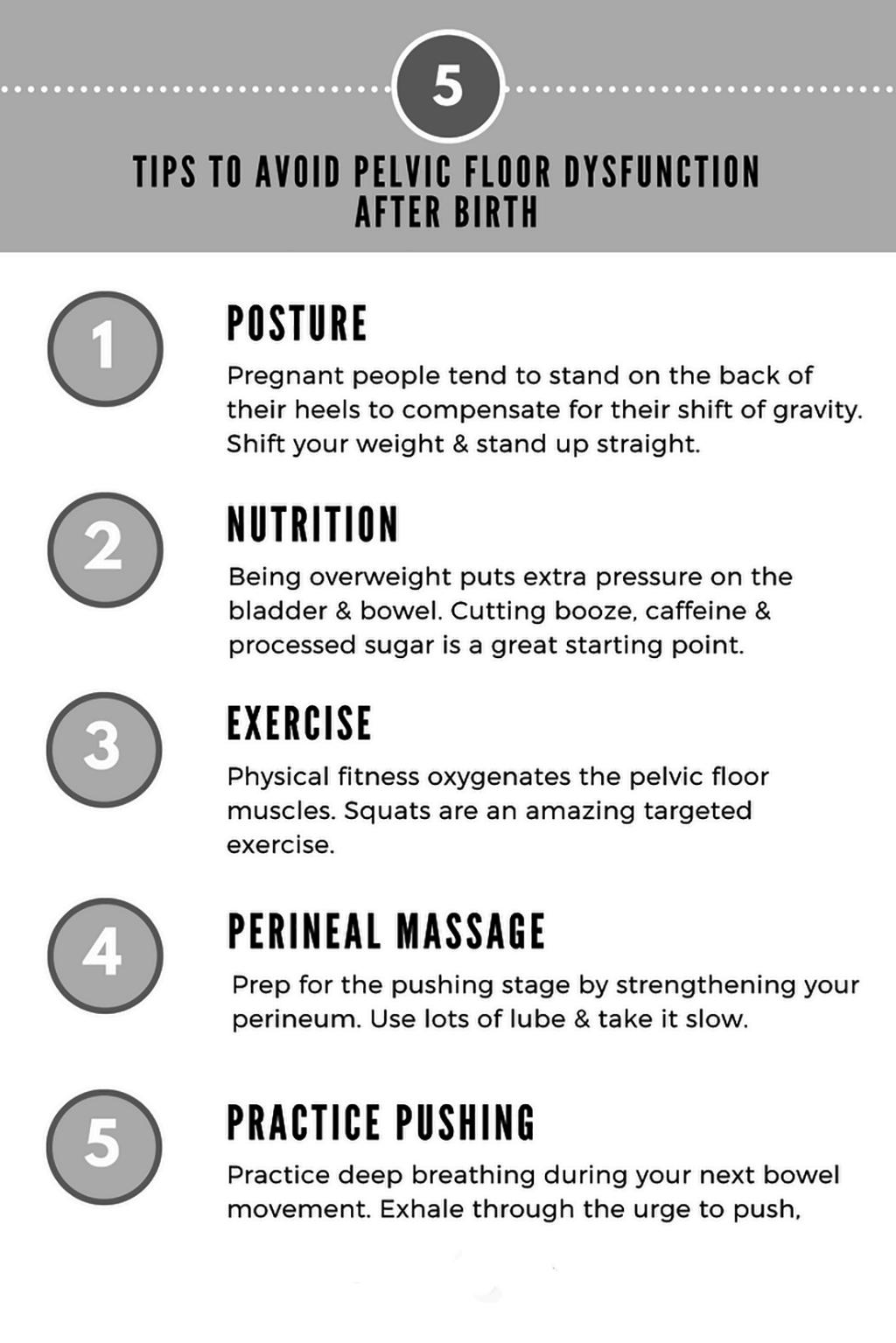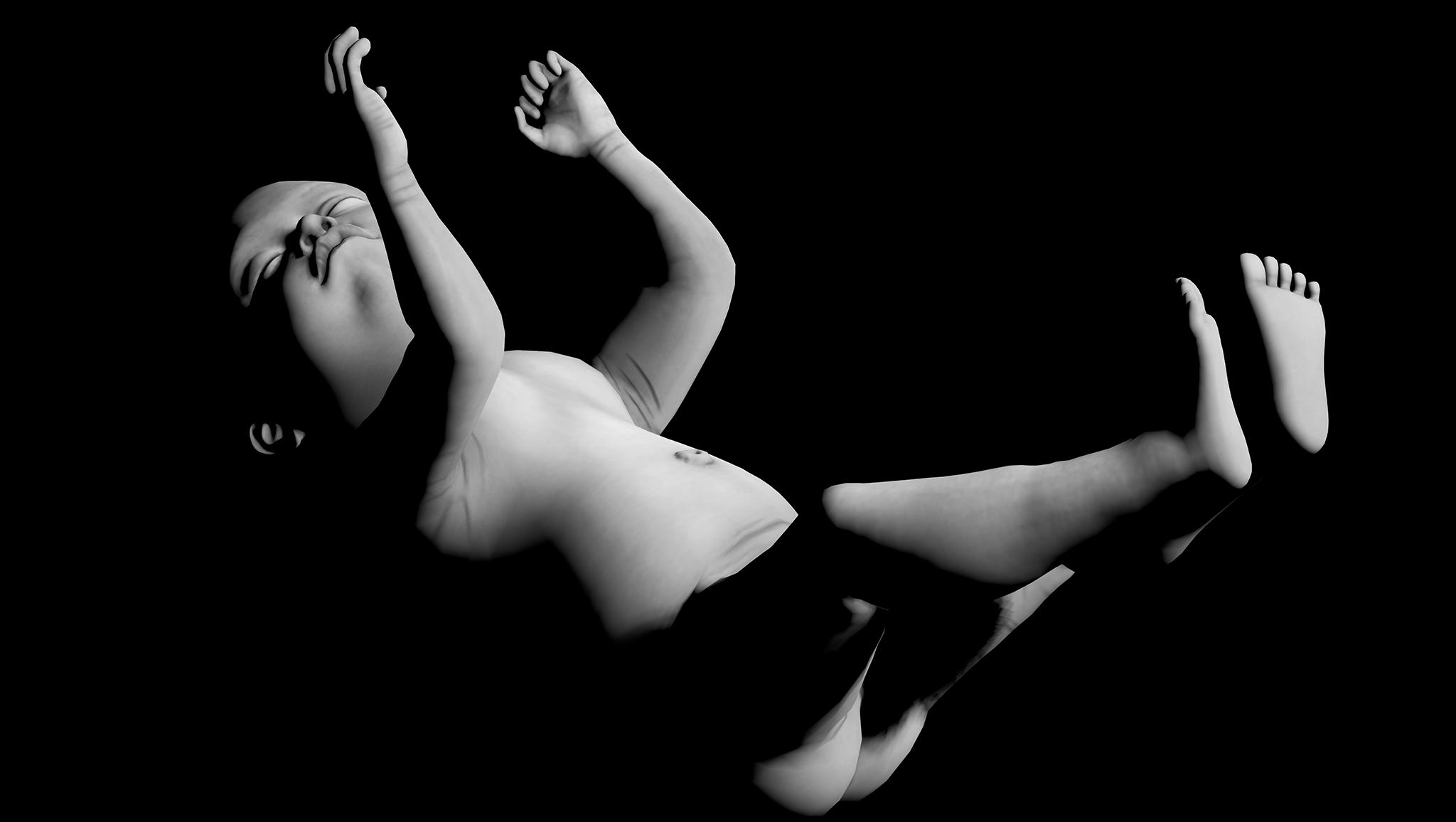
4 minute read
She's a bad Mama Jama
AN EXPLORATION INTO THE PSYCHOLOGY OF MOTHERHOOD

Advertisement
According to Webster’s Dictionary, motherhood is defined as the act of being a mother. This term started seeing its usage begin in the 1800s but re-read that definition again. Does that not sound so bland and generic? How is that motherhood gets such a general definition when I am sure that tons of ladies feel life if someone opened the dictionary and wanted to see an illustration of motherhood, it would be a portrait of themselves or someone that they love. Knowing this, what exactly happens to a woman’s body and mind while she is carrying a life inside of her womb and after the precious life is delivered into the world?
AN EXPLORATION INTO THE PSYCHOLOGY OF MOTHERHOOD

Let’s dive into the topic using the wonderful world of psychology, shall we? In an article published by the University of British Columbia, motherhood can be challenging and change a woman emotionally due to the process of adult hippocampal neurogenesis. I know what you must be thinking. What in the world does that even mean? I gasped as I typed it myself. However, this process refers to the creation of new neurons in the hippocampus. Interestingly, the hippocampus is an area located in the brain that deals with all things emotional and cognitive.
The hippocampus’ function slows dramatically during pregnancy and post-partum which leads to changes in one’s emotions and cognitive processing which is why some ladies experience a little thing we like to call “mom brain”. You know what that means right? After you have a bundle of joy, you might forget simple things or become easily distracted. However, once we age, women who are mothers gain more neurons than those ladies who have not become mothers yet. During gestation, a mother’s immune system adapts in order to maintain the pregnancy and support the developing fetus, but little research exists on neuroimmune changes associated with motherhood. Therefore, in order to find out more about the possible changes on the female brain during pregnancy and the postpartum phase, the University of British Columbia decided to conduct research on adult rodents to observe any changes in the brain. While studying the mice, the research team noticed a change in the shape of microglia or glial cells derived from mesoderm that function as macrophages (scavengers) in the central nervous system and form part of the reticuloendothelial system. This finding led to thinking that there may have been swelling on the brain which caused the neurogenesis. Strangely, the rats who were already mothers had a decrease in the process during pregnancy and immediately after but showed more signs of neurogenesis as they aged in contrast to those rats who had not given birth.

Of course, a woman’s body is going to change drastically once conception happens. However, we must remember that a change will come not only physically but mentally which is why some mothers experience depression after giving birth. Enter the magic hormone of oxytocin! Oxytocin is known as the love hormone which is what kicks in those motherly instincts before a baby has even arrived. It also triggers contractions and helps the production of breastmilk begin. Once your bundle of joy arrives, the emotions that flood along with the bonding from just cradling your child, is all thanks to oxytocin.
Oxytocin isn’t the only love chemical. Dopamine, the main currency of pleasure in the brain, plays an important role in early bonding too, for you and for your baby. As you hold, rock or feed your child, you both get a rush of this “reward” chemical. Celebrate your bodies ladies! Look at all we can accomplish as women. Not only can we bring life into the world, we can look amazing while doing it. Personally, I have not been blessed with an opportunity to become a mother yet, but I adore children. I think that a woman’s intuition and motherly instincts are hand in hand. So on May the 10th, for those wonderful sisters who have brought precious life in the world, pat yourself on the back and pour a glass of wine to celebrate. I know I will be loving my mother on that day because I could not ask for a better role model to model my mothering skills after once that time comes for me. If no one else tells you, I am so proud of you! You are strong and beautiful with so much to be thankful for. You are a true force of nature and your children are very lucky!










